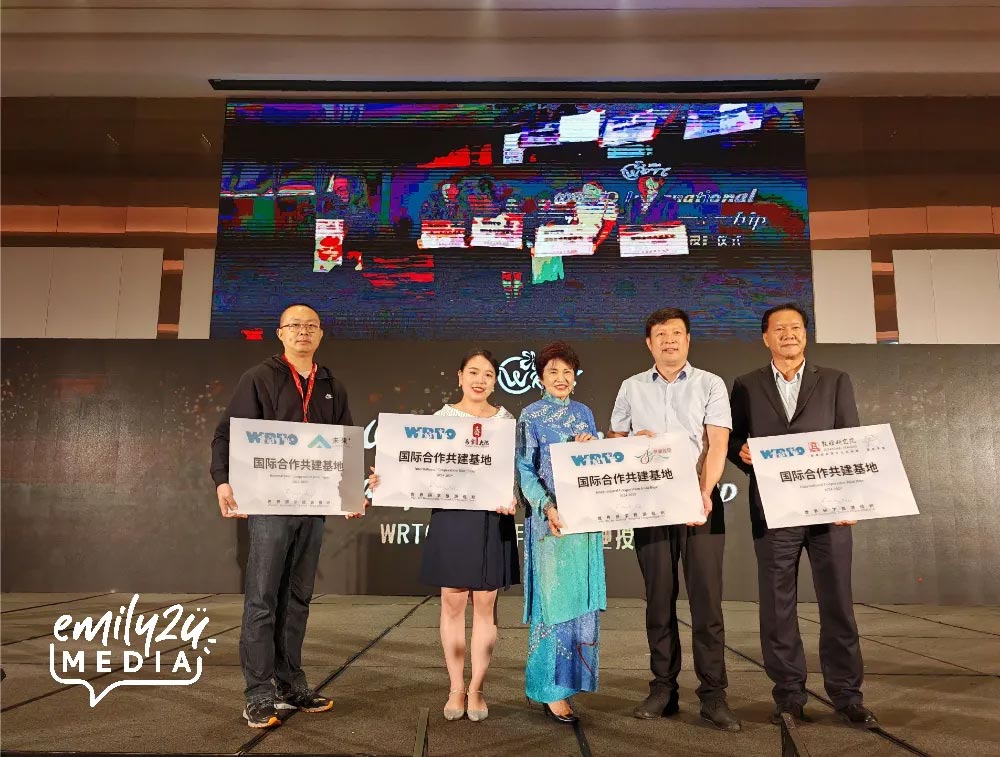To the cultural heritage administrations (cultural and tourism departments) of all provinces, autonomous regions, and municipalities directly under the Central Government, the cultural heritage administration of Xinjiang Production and Construction Corps, and all relevant units:
Relying on China's rich archaeological resources to carry out archaeological study tours is conducive to inheriting and promoting fine traditional Chinese culture and helps foster the public's scientific literacy and humanistic spirit. To further promote the high-quality development of archaeological study tour activities, the following opinions are proposed:
- Uphold the correct orientation for archaeological study tours. Deeply study and implement President Xi Jinping’s thoughts on culture, implement the new era requirements for cultural heritage work of "protection first, strengthening management, excavating value, effective utilization, and bringing cultural relics to life." Strictly control the content and form of archaeological study tours, highlight in-depth visits and research-based learning experiences with archaeological resources, adhere to the correct value orientation, and popularize knowledge about archaeology and cultural heritage protection, cultivate historical and cultural value cognition and emotions among the public, promote the inheritance of fine traditional Chinese culture, and enhance comprehensive qualities.
- Open up various archaeological study tour resources. Provincial cultural heritage administrative departments should establish and release lists of places available for archaeological study tours, encouraging institutions and venues such as archaeological parks, site museums, archaeological research institutes, archaeological specimen repositories, and archaeological sites that have archaeological resources and meet the conditions for study tours to conduct archaeological study tours in a standardized and orderly manner. Guide cultural resource management institutions and social forces to refer to the "Guidelines for the Construction of Archaeological Study Tour Bases (Trial Version)" (see attachment), uphold the principle of openness and sharing, and adopt forms such as self-conducted, cooperative, entrusted, or authorized to engage in the construction and operation management of archaeological study tour bases. Local cultural heritage administrative departments at the city and county levels should strengthen guidance, standardize the participation methods, entry standards, exit mechanisms, and contract templates for social forces, clearly define the rights, obligations, and liability for breach of contract by all parties, specify prohibited scenarios and prohibitions, and prevent phenomena such as false advertising under the guise of "cultural relics" and the loss of state assets.
- Strengthen talent cultivation and course development design. Provincial cultural heritage administrative departments should incorporate archaeological study tours into training plans and contents at all levels and types, focusing on improving the quality of the archaeological study tour talent team; strengthen the review and guidance of archaeological study tour course development and design to ensure that the content and form comply with academic norms, emphasize originality, and avoid homogenization. Archaeological study tours should be conducted under the leadership of professional archaeological study tour mentors, equipped with necessary safety and logistical support teams, actively absorb practitioners from archaeological and cultural heritage institutions, college and university faculty and students as part-time mentors, and encourage middle school teachers and community members to join volunteer teams. Archaeological study tour courses should not only guide the public to respect cultural relics and historical facts but also meet social needs and be close to learning and life, ensuring the objectivity, accuracy, and fun of knowledge dissemination; while giving high priority to youth groups, they should also serve adult audiences, providing high-quality and diverse "menu-style" services for people of different age groups and knowledge backgrounds. Encourage the development of a series of brand courses based on local conditions at different levels, promoting the transformation of course content into supplementary teaching materials, local reading materials, and travel guides.
- Ensure the safety and orderliness of study tour activities. At all levels, cultural heritage administrative departments should work with relevant departments to fulfill regulatory responsibilities, strengthen daily supervision and special inspections, promptly understand the situation of archaeological study tour facilities, visitors, and activity conduct, and propose rectification requirements or suspension measures when necessary according to departmental duties. Archaeological study tour activities should strengthen safety management and risk prevention, achieve "activities have plans, emergencies have contingency plans," provide risk warnings and education, implement a commitment system for participants or their guardians, clarify the boundaries of responsibilities of all parties, and ensure the safety of cultural relics and personnel. The conduct of archaeological study tour activities should be planned meticulously, standardize the publication of information on types of archaeological study tour services, target audiences, costs, etc., take different measures during peak and off-peak seasons, and ensure high-quality service. Archaeological study tour activities should prioritize public welfare, offer more micro-profit products and services to young people, and appropriately reduce fees or provide related discounts for special groups such as families in poverty.
- Strengthen guarantees, incentives, and standardized guidance. At all levels, cultural heritage administrative departments should improve support policies, actively seek funds and channels at all levels, and support the construction of archaeological study tour bases, course development and design, organization and implementation of activities, and personnel training; the construction of archaeological study tour bases, course development and design, and organization and implementation of activities should be included in the promotion and incentive distribution mechanisms for archaeological and cultural heritage personnel. The National Cultural Heritage Administration will organize the recognition of archaeological study tour bases, include archaeological study tours in the cultivation and construction of national archaeological parks and museum operational assessments, select archaeological study tour bases with demonstrative significance for inclusion in primary and secondary school study tour bases, "large ideological and political class" practical teaching bases, and high-quality study tour routes; support the establishment of industry organizations for archaeological study tours, continuously improve industry quality systems such as course development and design and mentor evaluation, and promote the high-quality development of archaeological study tours.
